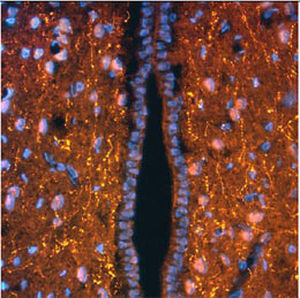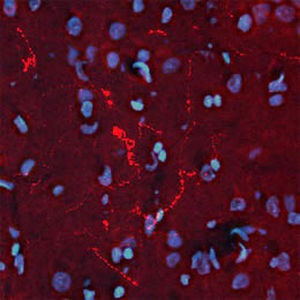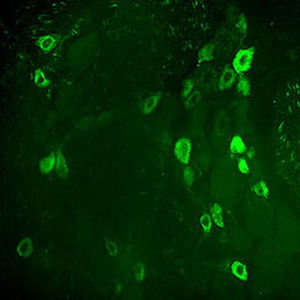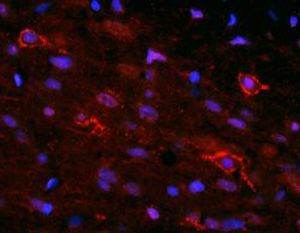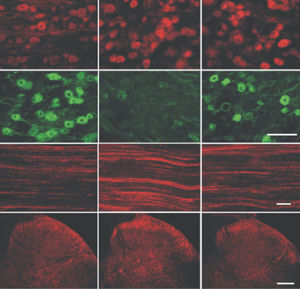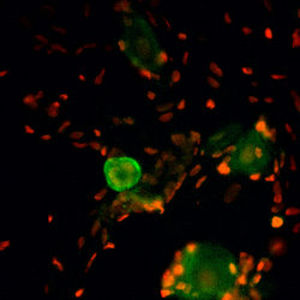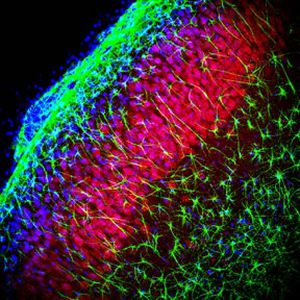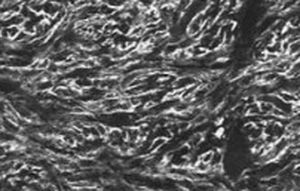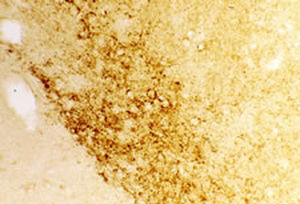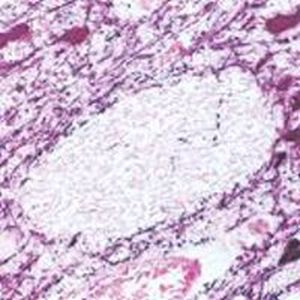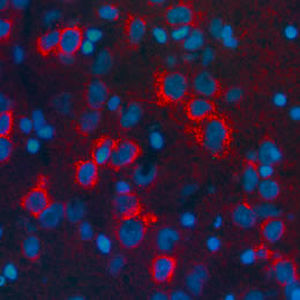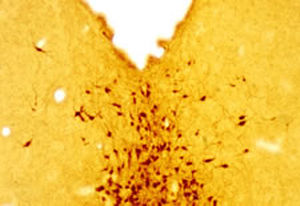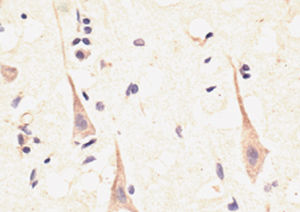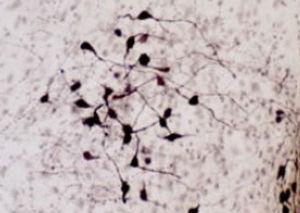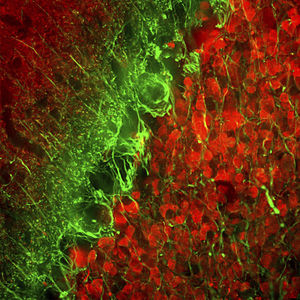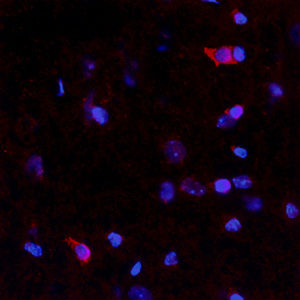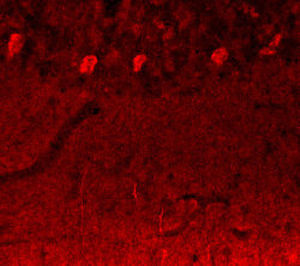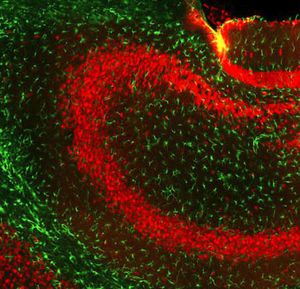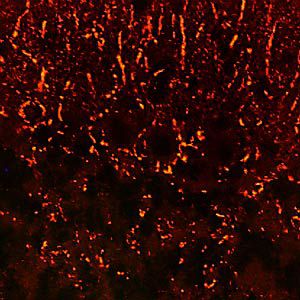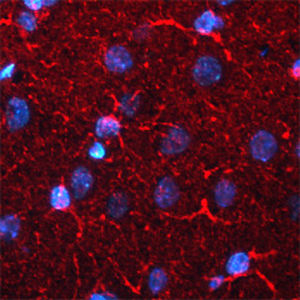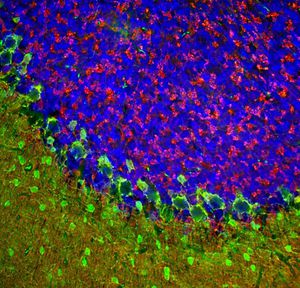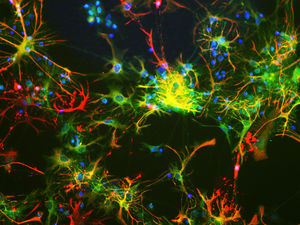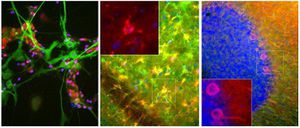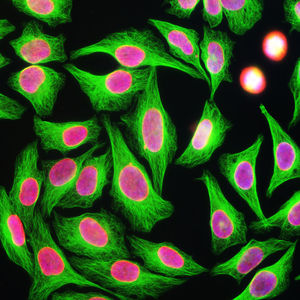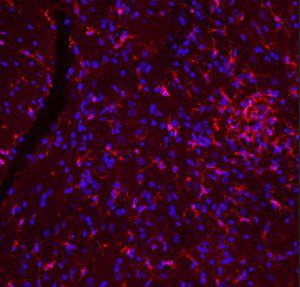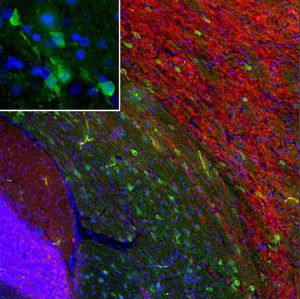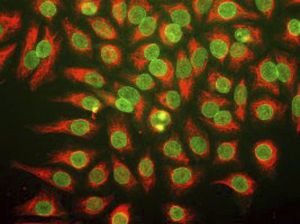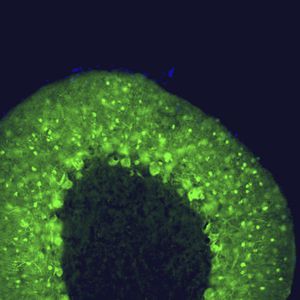
IgG reagent MO22125for Western blotfor immunofluorescenceliquid
Add to favorites
Compare this product
Characteristics
- Type
- IgG
- Applications
- for Western blot, for immunofluorescence
- Format
- liquid
- Tested parameter
- actin
- Origin
- mouse-based
- Storage temperature
Min.: -70 °C
(-94 °F)Max.: 8 °C
(46 °F)
Description
Actin is one of the most abundant and highly conserved proteins of eukaryotes. Mammalian actins are the product of six different genes with differing distribution patterns in cell types and in tissues. The molecular weight of all six proteins is 42kDa, and one or more actins is found in essentially every type of crude cellular and tissue extract. Actin is regarded as a "housekeeping" protein which is generally not altered much in expression as a result of experimental manipulations. So quantitation of the actin band on the western blots is used as a standard against which the band density of other proteins can be compared. Glyceraldehyde 3 phosphate dehydrogenase (GAPDH)(MO25038) is another "housekeeping" protein used in this way. Since our antibody binds all six isotypes very strongly on western blots, it is a very effective blotting standard. It also works in immunocytochemical experiments, binding strongly and cleanly to filopodia, membrane ruffles and stress fibers, all known to be rich in actin
Actin is also a marker for autoimmune diseases of the gut and correlates to intestinal damage. It is also associated with certain forms of hepatitis.
Catalogs
MO22125
4 Pages
Related Searches
- Molecular biology reagent kit
- Research reagent kit
- Analysis software
- Protein reagent kit
- Immunology reagent
- Antibody
- Laboratory software
- Lyophilized reagent kit
- Serum reagent kit
- Immunohistochemistry reagent kit
- Enzyme reagent
- Monoclonal antibody reagent kit
- Western blot reagent kit
- Scientific research reagent kit
- Research software
- Immunofluorescence reagent kit
- Polyclonal antibody
- Cytokine reagent kit
- Growth factor reagent kit
- Mouse-based reagent
*Prices are pre-tax. They exclude delivery charges and customs duties and do not include additional charges for installation or activation options. Prices are indicative only and may vary by country, with changes to the cost of raw materials and exchange rates.



